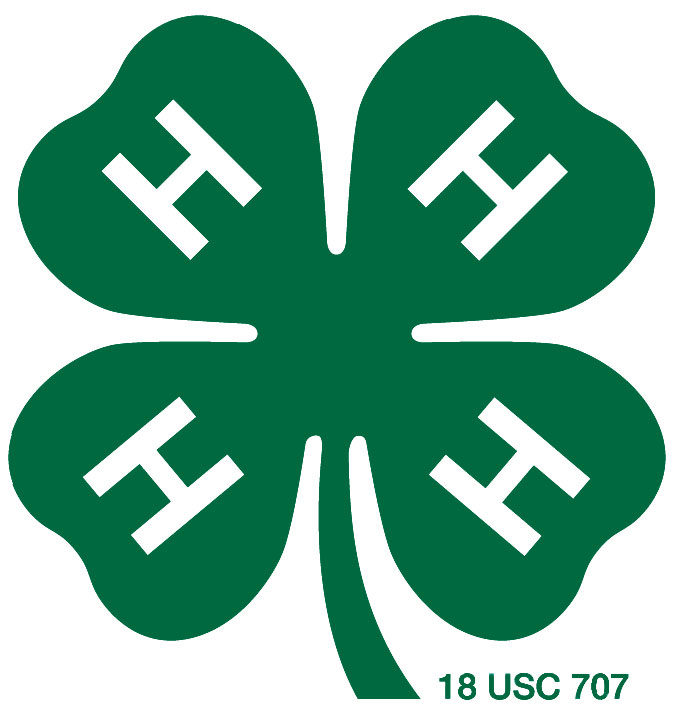
It started with a $2.5 million grant from the National Science Foundation and has grown into a program that is reaching thousands of youth across the nation, getting them more interested in science, technology, engineering and math, or STEM.
The program – Geospatial and Robotics Technologies for the 21st Century, or GEAR-Tech-21 (geartech21.org), – is based on the Nebraska Robotics and GPS/GIS in 4-H: Workforce Skills for the 21st Century program. It teaches robotics, GPS and GIS technologies through building and programming a robot, navigation and mapmaking activities.
Since its start, the program has expanded regionally to nationally with 60 programs across the country.
These programs include learning in a variety of formats, including 4-H Clubs, afterschool programs, Scout groups or for teachers to use in the classroom.
Brad Barker, University of Nebraska-Lincoln 4-H science and technology specialist and one of the project's leaders, said research involving pre and post testing of youth involved in the program shows they are learning.
"We consistently see growth and attitude change from pre to post tests in the areas of STEM," Barker said. "We feel we can contribute to that change in knowledge and that growth."
And there seems to be a lot of room for expansion.
Kathy Morgan and Megan Patent-Nygren, who were hired after the grant to work as a project manager and as an instructional designer, say there are always schools wanting to expand the program from its targeted audience of middle school to elementary and high school.
"There also are demands from youth who aren't old enough," Patent-Nygren said.
While the grant ends in 2013, the project's team also continues to look for ways to keep the program sustainable. Future programs will involve partnerships, such as the one they are involved in with NASA and the Nebraska Department of Education to offer a summer program that uses the curriculum.
In addition to programming with schools and groups, the program also encompasses about 66 summer camp sessions in 24 states.
"The camps this upcoming summer will serve more than 1,500 youth," Morgan said.
And while the team has been busy with working on curriculum, Morgan said it is the volunteers they train that really makes the program successful.
"Adults come to training convinced they don't have the skills to teach this program, but they want their kids to have that opportunity," she said. "They start out nervous, but once they have gotten their hands on the robot and use the curriculum, with easy step-by-step instructions, they gain the confidence they need to lead youth through the activities. And all of a sudden they got it! By the end of the training they don't want to put their robots away."
This excitement is then taken back to their youth, Morgan said.
Morgan also leads the FIRST LEGO League, which is a robotics competition. GEAR-Tech-21 curriculum helps teams participating in FIRST LEGO League.
This year the league has three qualifying tournaments in Omaha, Kearney and Lincoln that feed into the state championship in Ashland.
Morgan said it is likely there will be more qualifying tournaments next year.
Morgan said the competition continues to grow. After just three years of Nebraska FIRST LEGO League tournaments, 72 teams across the state participated this year, each team having between two and 10 youth. Next year, over 100 teams are expected to attend five qualifying tournaments.
She said there needs to be about 12 teams in an area for an event can be held.
The overall goal with the competition again is to get youth excited about science and engineering.
"One thing I love about FIRST is it combines the competitive side with very well-rounded, life-skills approach to doing things," Morgan said. "Kids get to do things hands-on with a robot and as a team they get in-depth knowledge of programming, building and applying concepts through real-world research."
FIRST also organizes events like a sporting event, with the goal of celebrating science and engineering students just like sports stars, Morgan said.
Learn more about this program in the Institute of Agriculture and Natural Resources' new "Growing a Healthy Future"magazine.
4-H is in UNL Extension which is in the university's Institute of Agriculture and Natural Resources.